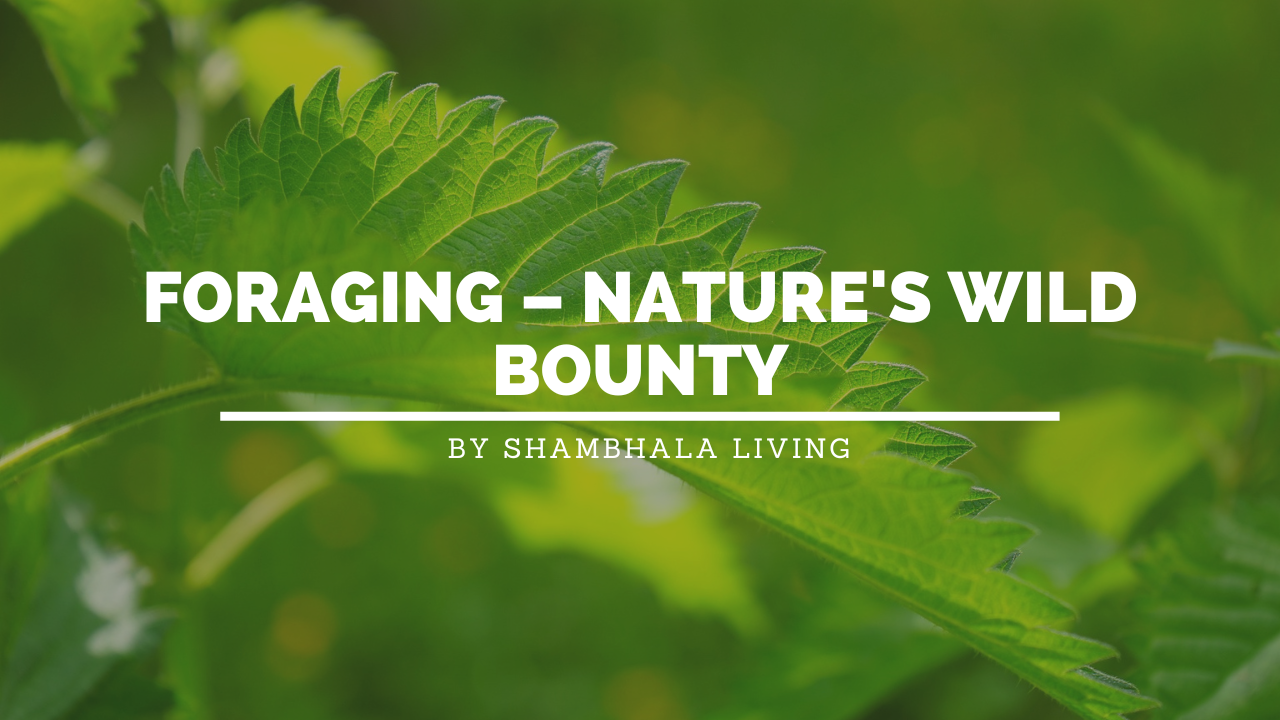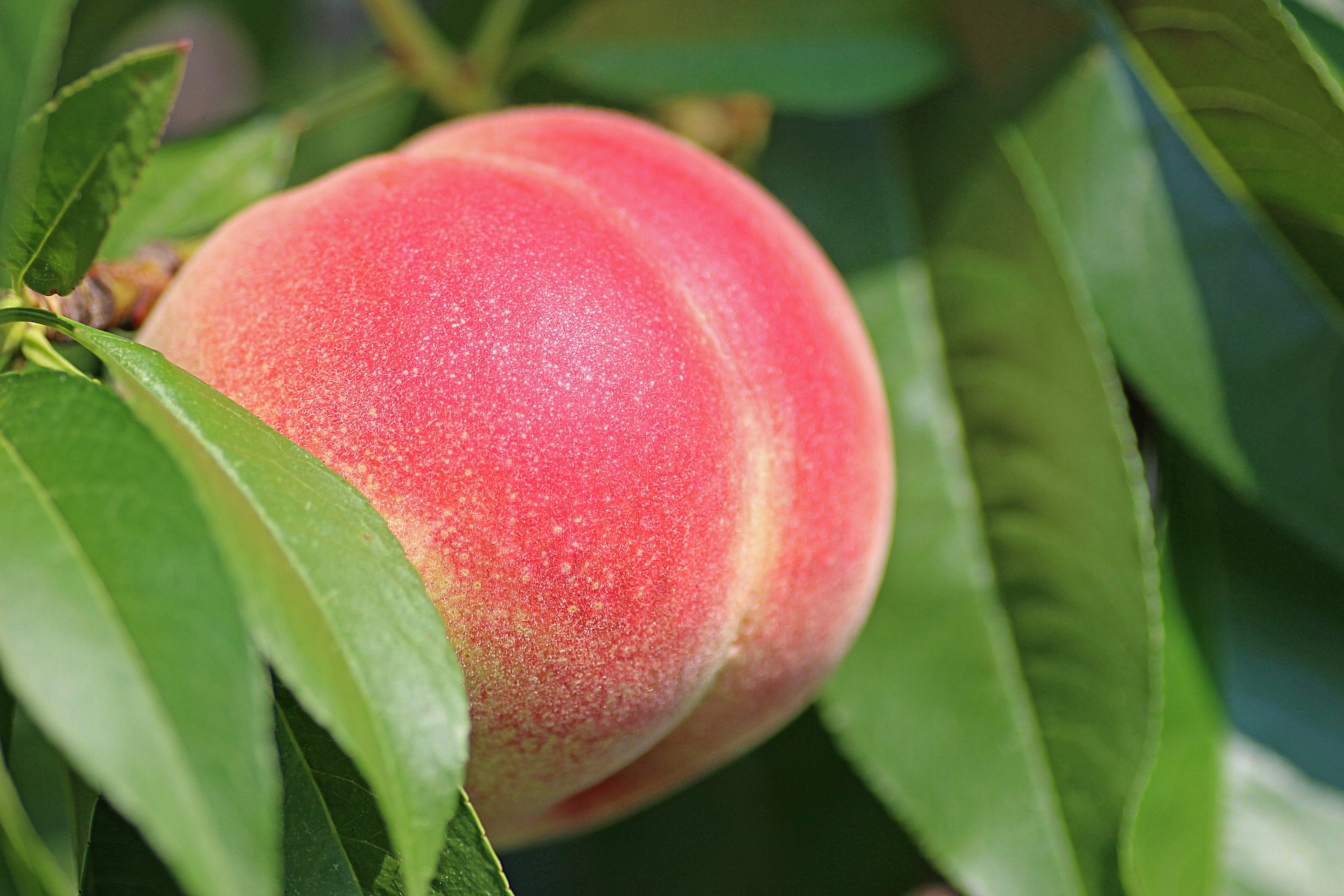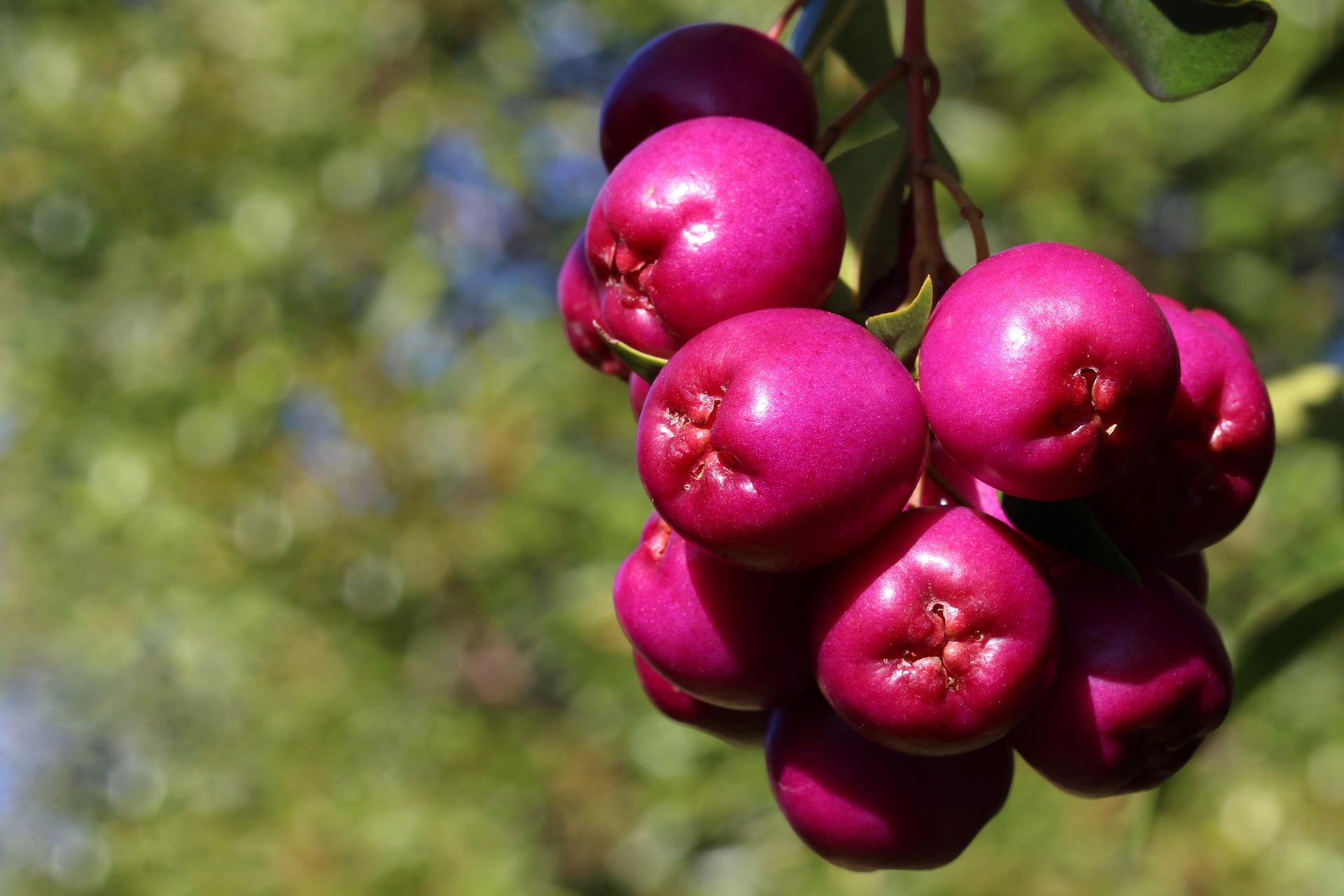Foraging – Nature's Wild Bounty

Foraging is a fascinating pastime, which not only provides you with good things to eat but also with the opportunity to engage with and understand nature's wild bounty – the gifts that nature gives us. Wherever you leave, wild food can likely be found, so why not get out there and see what you can discover?
Before we begin, here are a few tips to help you stay safe and forage sustainably:
- Never eat anything that you cannot be 100% certain you have identified correctly.
- Think about potential contaminants. Don't eat anything that may have been treated or from near sources of pollution. Try to find foods as far from human activity as possible when out and about in the countryside or the wilds.
- Check the rules on foraging where you live. (Rules and laws vary. Sometimes, foraging for personal use is permitted on public land, sometimes it is prohibited.)
- Always ask permission from the landowner before foraging on private land.
- If you are allowed to forage, never take more than you need. Wherever possible, leave root systems in place, taking only small, sustainable amounts so the plants can continue to grow. Try to only forage from abundant wild food sources.
- When you are out foraging, take care to respect and take care of the ecosystems you are passing through. Cause no damage, and leave no litter behind.
Foraging for 'Weeds' in Your Garden
If you grow your own you may well bemoan the weeds that pop up in your garden. But a plant that may be a weed, unwanted, in one location can be extremely beneficial in another. Many weeds are edible plants in their own right. So to forage, you might not even have to travel beyond the confines of your own garden.
Foraging in Your Neighbourhood

Even in a built up area you may be surprised by the amount of wild or semi-wild food to be found in your area. An important source of free food in a city setting can also be found in other people's gardens. Of course you should not take without consent but many edible foods go unharvested. If you see a tree or fruiting bush that is not being harvested in a neighbour's yard, why not ask politely whether you can forage for fruits or berries.
Foraging for Bush-Tucker Native Plants

Of course, food is not only found for foraging in gardens. When you head out into the bush – or any rural environment you will be able to learn more about the amazing edible native plants where you live, and can often responsibly forage for their fruits or other yields. In forests and woodlands, remember that as well as foraging for plants, it is sometimes also possible to forage for fungi. Just make sure you are 100% certain of identification.
Foraging Along the Coasts
If you live by the coast, remember that you might also forage there. There are many edible things that you might forage for along the shore once you know what you are looking for.
If you enjoyed reading that, you'll surely love our Shambhala Living Podcast too..
S t a y C o n n e c t e d
We'd love to share more about our food growing and regenerative living tips, ideas and visions for a new future.

